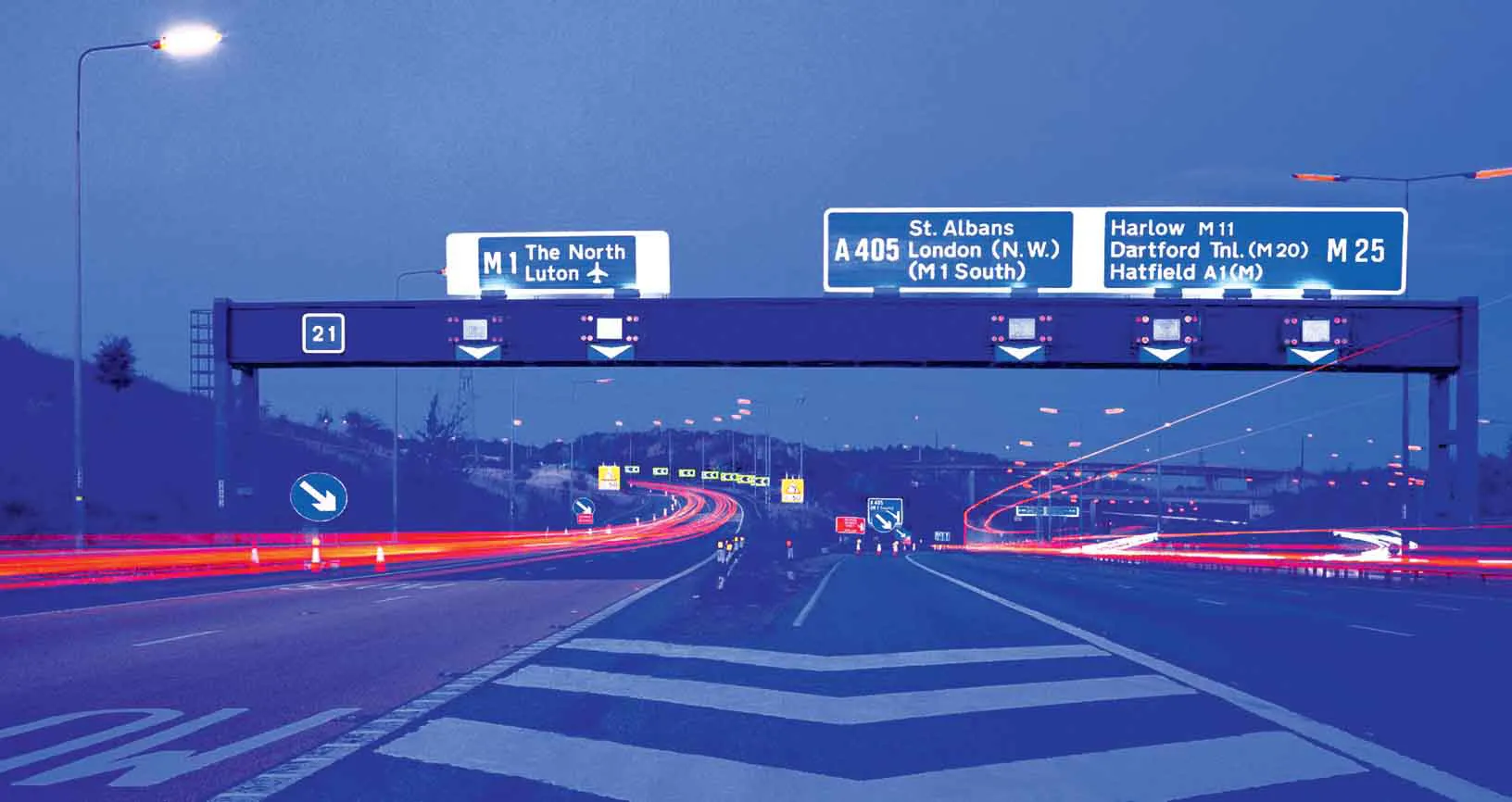The 2011 EC White Paper on Transport acknowledges that transport is the backbone of Europe’s economy, directly employing 10 million people and accounting for approximately 5% of EU GDP. In addition, it recognises that ‘infrastructure shapes mobility’ and that ‘curbing mobility is not an option’.
Given the importance policymakers place on the ability to move people and goods seamlessly across Europe, it becomes rather hard to explain why they have neglected for so long the main ‘vehicle’ for mobility acro
August 27, 2013
Read time: 3 mins

Will 2013 prove to be a turning point for road financing? Konstandinos Diamandouros perceives a turn in the tide
The 2011 EC White Paper on Transport acknowledges that transport is the backbone of Europe’s economy, directly employing 10 million people and accounting for approximately 5% of EU GDP. In addition, it recognises that ‘infrastructure shapes mobility’ and that ‘curbing mobility is not an option’.Given the importance policymakers place on the ability to move people and goods seamlessly across Europe, it becomes rather hard to explain why they have neglected for so long the main ‘vehicle’ for mobility across Europe, in other words, roads.
Back in 2001, the
The masks came off when the European Commission announced its proposal for the Connecting Europe Facility in November 2011. Of the more than 100 pre-identified projects on the core network across the TEN-T, there was not even one road section. In other words, the European Commission essentially wished to exclude roads from TEN-T funding. Even worse, when during the inter-institutional negotiations, several member states proposed the inclusion of certain road sections, the European Commission lobbied hard to have them removed.
Amidst this institutional folly, and when all hope appeared to be lost, recent developments have provided some long awaited light at the end of the tunnel.
First of all, the European Commission openly acknowledged a major financing problem for roads in its consultation on road pricing last year. At the same time the European Commission pointed out that lack of optimised road maintenance was estimated to increase the long-term repair costs by up to 20%. To counteract this, it proposed moving gradually towards a 'user pays' principle in order to raise the necessary revenue.
The second encouraging sign came from the Transport Ministers of the OECD meeting at the annual Forum of the
The ‘cherry on the cake’ was the news released from the UK government on 17th July which announced a trebling in funding for motorways and major A-roads, the biggest package since the 1970s. The words voiced by the UK Transport Secretary Patrick McLoughlin could hardly resonate more strongly: "Our major roads are vital to the prosperity of our nation, connecting people to jobs and businesses to markets. They carry a third of all traffic and two thirds of all freight traffic but in recent decades we have failed to invest properly in them".
All in all, a ‘wind of change’ seems to be blowing and, better late than never, politicians are now acknowledging that too little attention has been paid towards the corrective action that is needed. Hopefully, the UK example will be followed by many others that will gradually allow Europe to arrive at a transport funding that better reflects realities on the ground, as opposed to wishful thinking.







